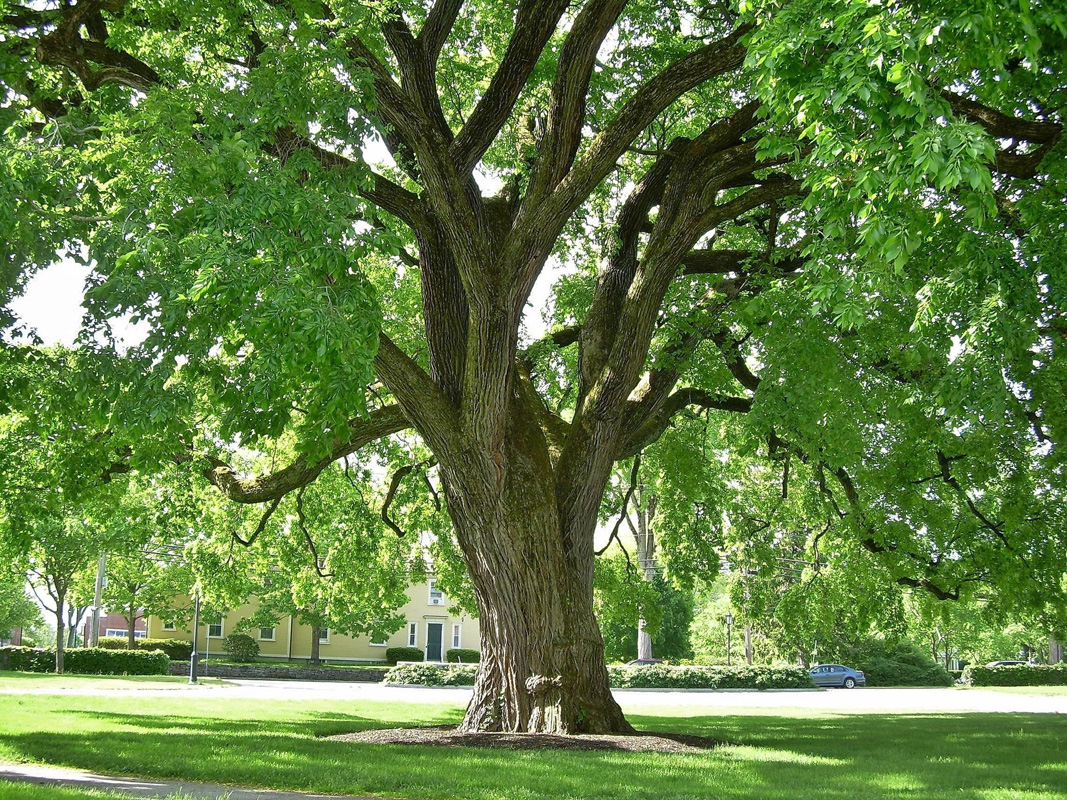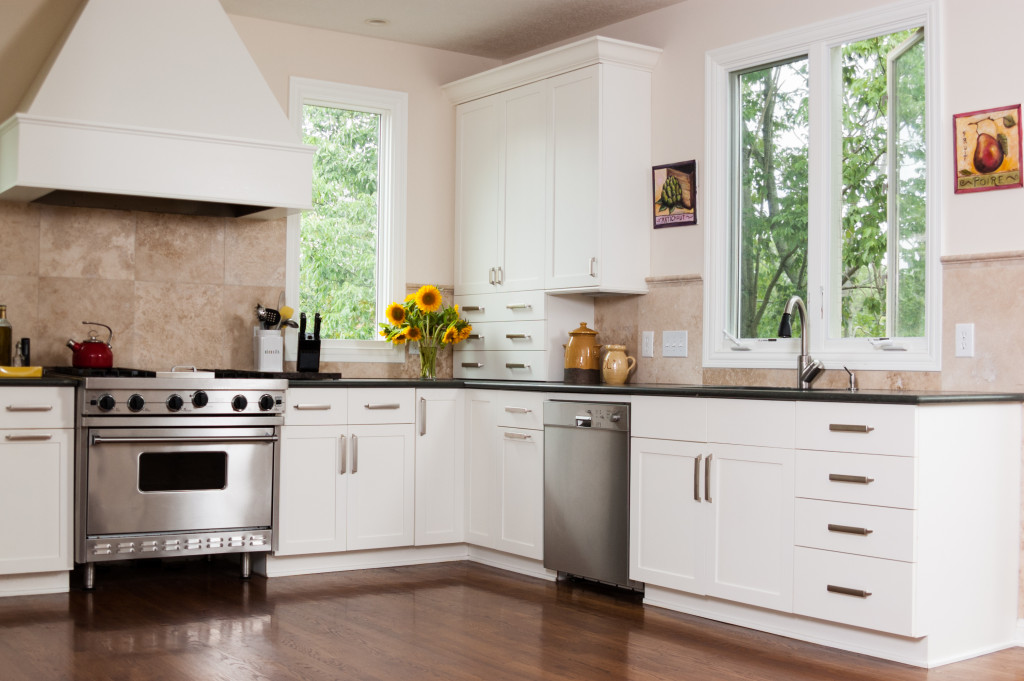This isn’t the first-time experts noticed an increased interest in suburban properties among today’s generation of homebuyers. The Millennial generation, who were born between 1981 and 1996, are the homebuyers today. They are somewhere between 23 and 39 years old today, making them one of the largest populations of consumers.
Unfortunately, unlike the generation — Baby Boomers — that preceded them, millennials have less capacity to invest in real estate. While many of them are eligible for an FHA mortgage loan, they started looking at the charm of the suburban lifestyle—three-bedroom homes, a family car, and a nice community. But when the pandemic happened, even those who carved a niche for themselves in different industries decided to move to the suburbs.
A real estate expert told the Thomson Reuters Foundation that there was an “exodus call” coming in from New Yorkers in early March. That’s when news of the virus began to scare people from going out. A New Yorker, who has been living in Manhattan for many years, bought a three-bedroom suburban house on the outskirts of the city.
Only the Beginning

In the past, most millennials simply want to live in the city. It’s where they can pursue their American dreams, go to the bar until 3 AM, and walk in the park during Sundays. But the pandemic essentially locked people in their homes.
They started wanting the more suburban things such as a large backyard where they can do barbecues with their families. They want space where they can stretch their legs. If they need to restrict their movements, they might as well have the space they need in their homes.
Property analysts said that the move to the suburbs isn’t just because of the coronavirus. There has been quite an interest in smaller towns because of the rising cost of properties in larger cities. Millennials are seeing the logic in suburban living. Many of them, after all, grew up in the suburbs.
Is It Sustainable?
The question here is whether this is sustainable or not. While there is a lot of interest to move to the suburbs, it is only because some companies permanently allowed their employees to work from home. After the pandemic, it remains to be seen whether many of the companies with a work-from-home setup now will continue with it.
Everyone is talking about wanting to get out of the city. Coronavirus cases are higher in big cities. The rise of cases there is also faster compared to smaller towns. Experts point to the high density of population in the city, as well as to the sharing of public transportation, as culprits.
The question here is if bigger cities can resurrect themselves. It’s not only the jobs that are affecting people’s decision to move to the suburbs. Younger couples, in particular, believe that the city has lost its spark. If the city has no excitement to offer, why would anyone want to live there?
For those who have already moved to the suburbs, who knows if they are going to be so charmed by it that they will decide to stay? It’s a matter of if these suburbs can provide them with the work opportunities they need. If there’s any generation that can thrive during such a horrific time, it’s probably the millennials. Their interest in technology will enable them to weather this.






